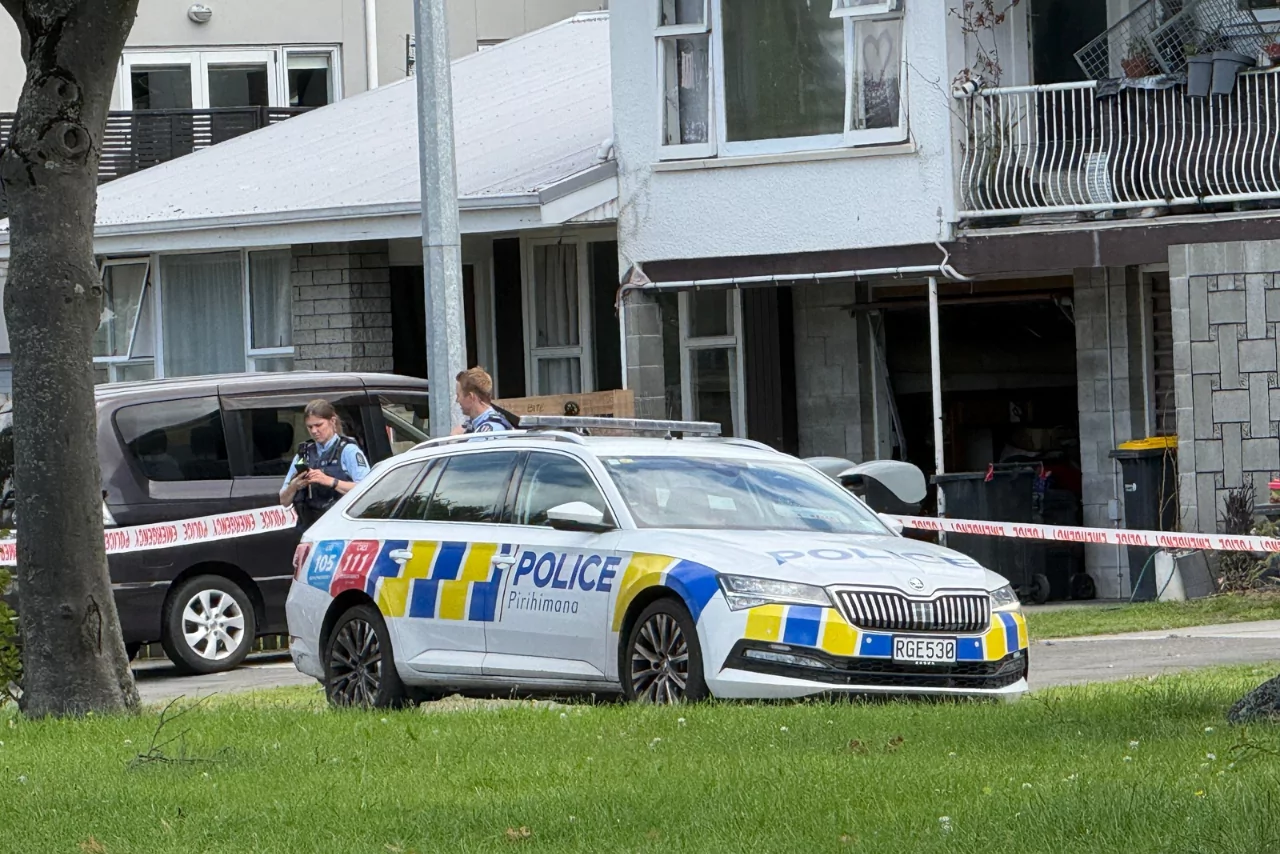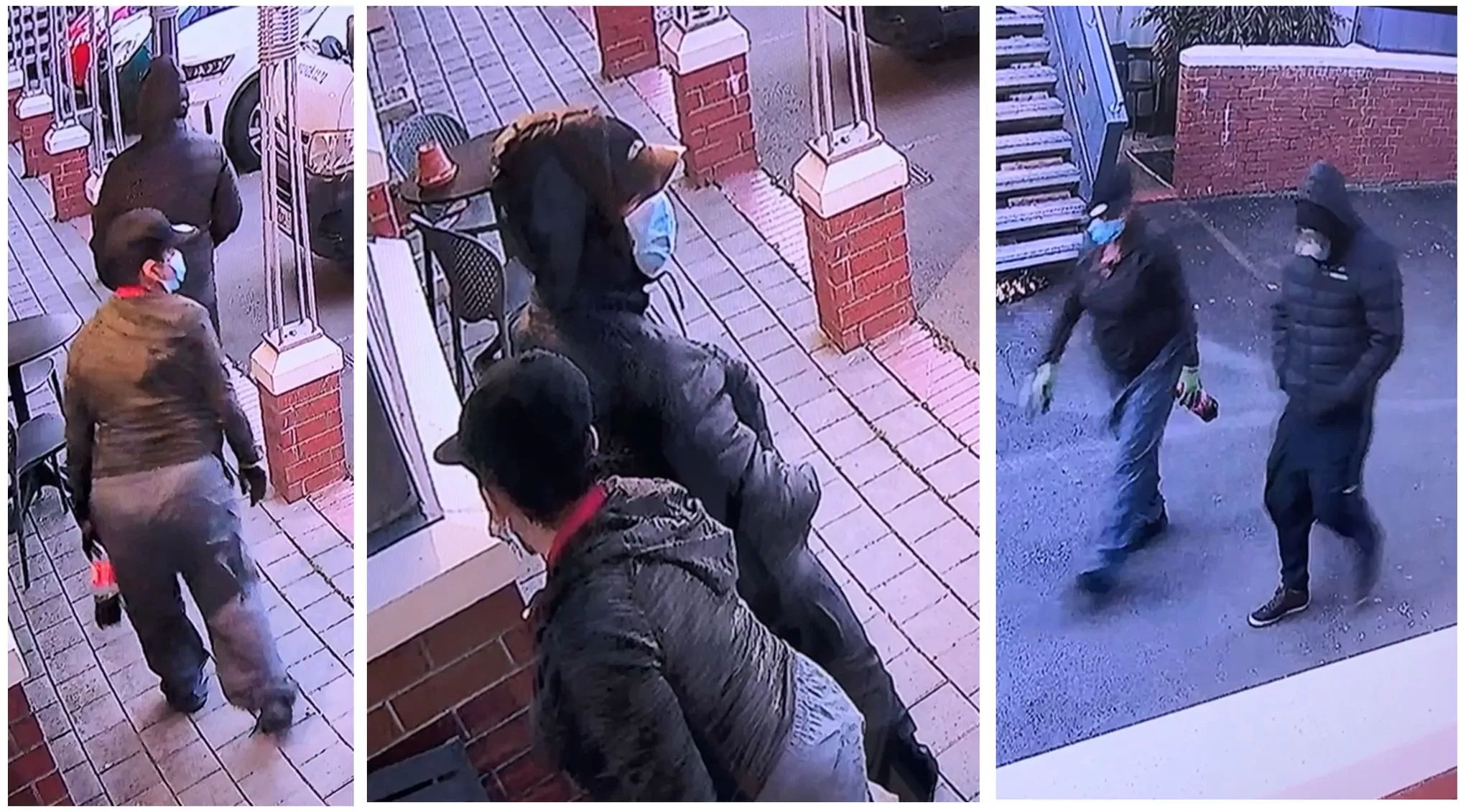Escaped youth tracked by Eagle helicopter, found hiding in New Brighton
The young person who escaped from a youth justice facility in Rolleston has been located...
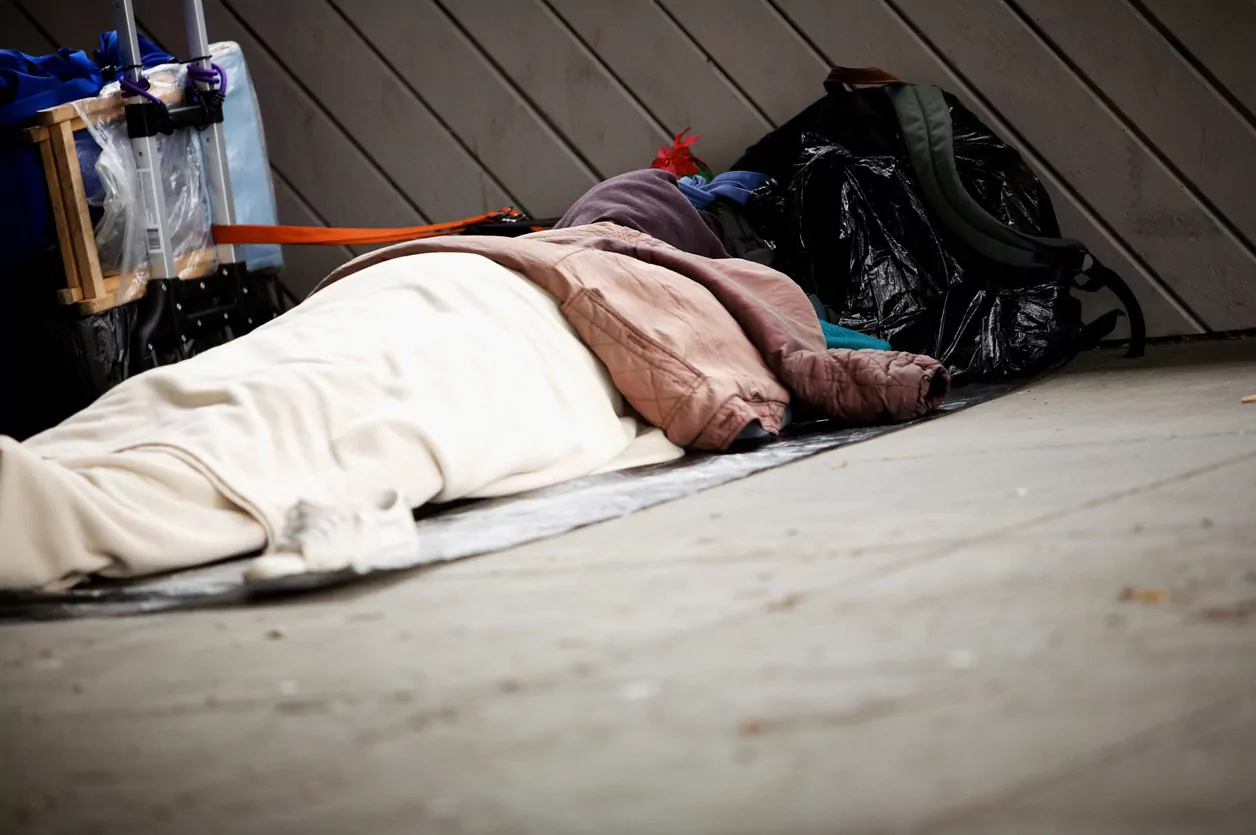
Christchurch support services are warning of a worsening homelessness crisis, with shelters stretched beyond capacity, demand for affordable housing soaring, and vulnerable people being left with nowhere to go.
It follows data from Stats NZ showing Canterbury recorded the highest rent increases in the country, putting additional pressure on low-income households already struggling to secure stable accommodation.
In August last year, the Government introduced tougher eligibility criteria for emergency housing, including closer scrutiny of whether applicants had unreasonably contributed to their housing need. On Saturday, Associate Housing Minister Tama Potaka acknowledged reports of rising homelessness and said many people had linked the Government’s stricter policy to the increase. However, he said a range of factors were contributing to the issue.
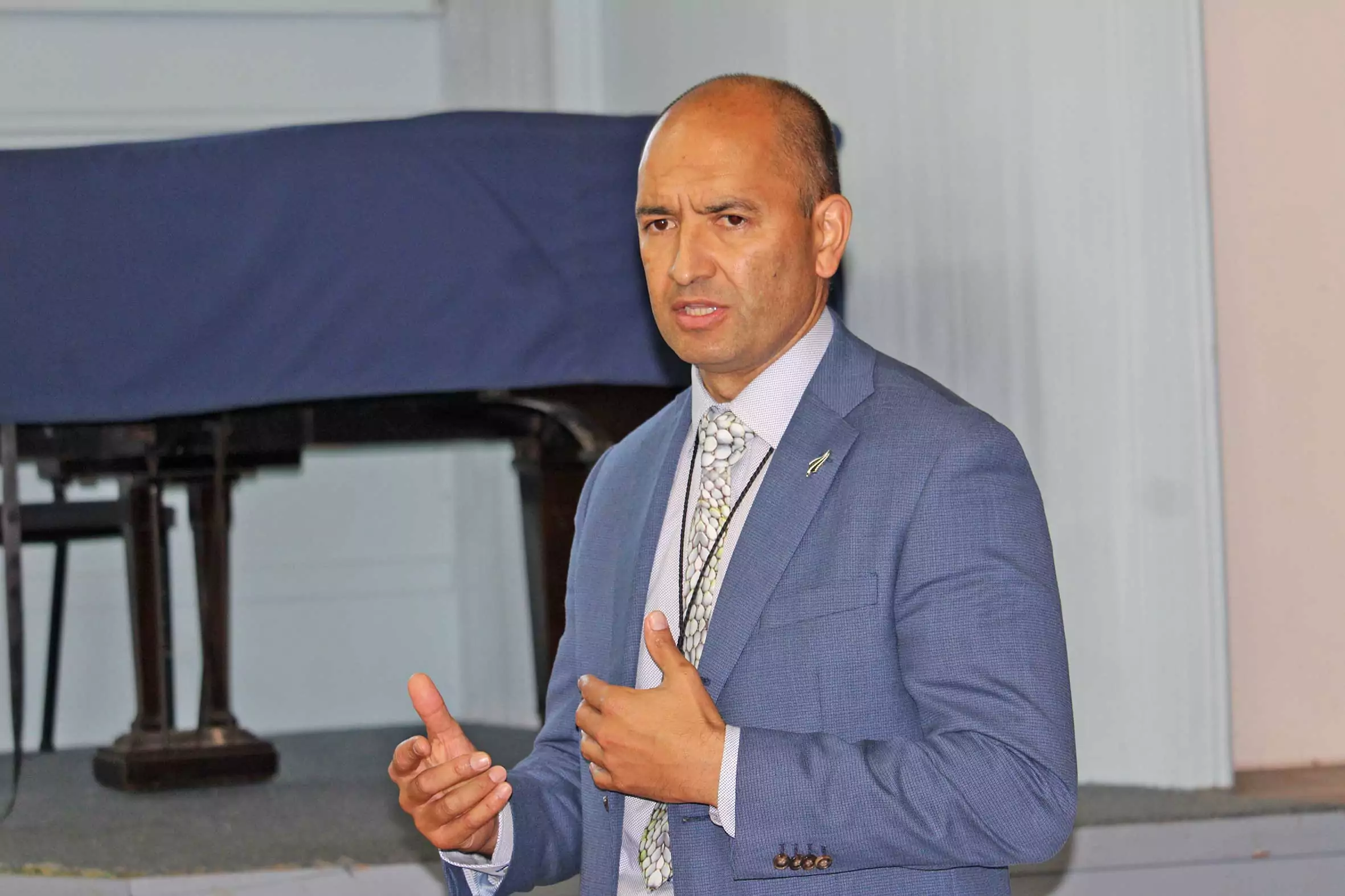
Associate Housing Minister Tama Potaka
Ōtautahi Community Housing Trust chief executive Cate Kearney said her organisation was seeing high demand for its properties, despite not being a frontline homelessness service.
“ŌCHT is a landlord so we do not directly monitor homelessness, but we have certainly had growing demand for our homes. At any given time at least 99 percent of the more than 2400 rental homes we manage are occupied,” Kearney said.
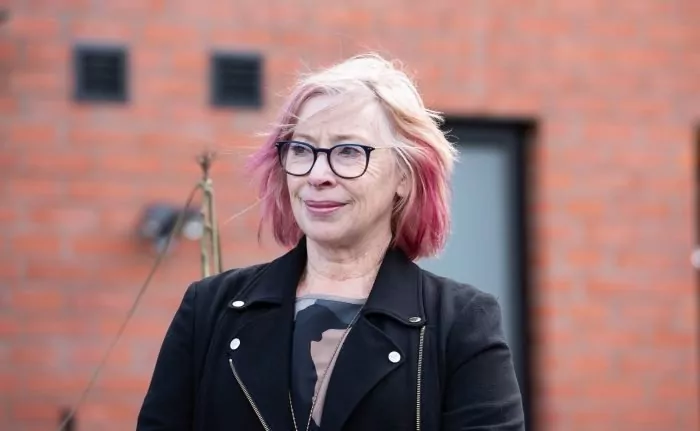
Ōtautahi Community Housing Trust chief executive Cate Kearney
“We fill our vacant community housing homes with applicants from the Public Housing Register. Our Affordable Rental vacancies, for low-income households experiencing rental stress in the open market, are just as quickly filled from our Affordable Rentals waitlist.”
Kearney said walk-ins to the organisation’s offices had increased noticeably since it began offering Affordable Rentals last year.
“It is now not unusual to have four to five people make in-person inquiries and applications in a week. Most come to us after a dramatic change in their market tenancies. Rents are becoming unaffordable or rentals are being sold. Most are older people.”
ŌCHT also partners with Housing First Christchurch, a programme helping people out of long-term homelessness.
“We understand there has been growth in the number of people seeking support via Housing First’s successful programme. Our community partners also tell us they are seeing more people in acute housing need, and hidden homelessness such as couch surfing or living in cars. We continue to experience demand for our community rental and Affordable Rental homes.”
Do you have a story? Email [email protected]
Nicola Fleming, manager at Housing First, said ” unfortunately yes we have seen an increase which now includes tamariki and elderly which is very worrying.
“Why? poverty, food prices, lack of housing options: limited one bedrooms, and most are in complexes which don’t suit a number of people, lack and reduced numbers of emergency housing, unemployment, lack of Kāinga Ora properties, those with high risk or addiction are often overlooked for properties, rents too high etc.”
“It would be great if the Government directed Kāinga Ora to work with Housing First providers and gave them options for one-bedroom properties. It is a huge ask.”
“Community Housing Providers should be allowed to increase their Income Related Rent Subsidy properties rather than having to change to affordable rentals.”
“Transitional housing should be changed to permanent housing where possible.”
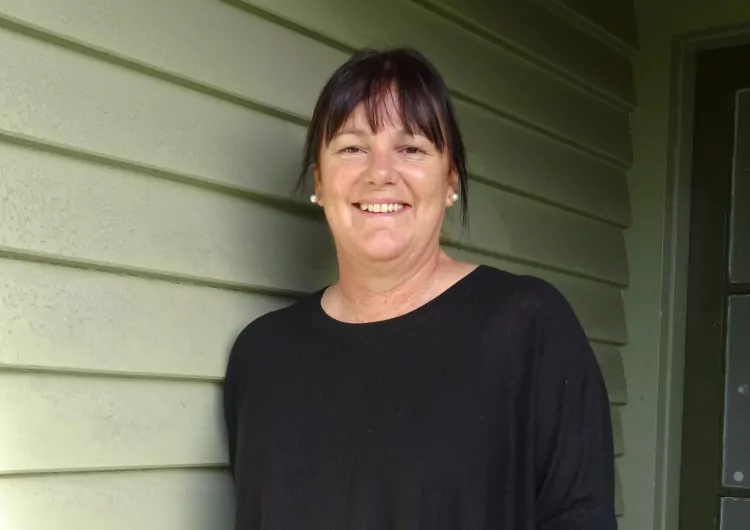
Nicola Fleming, manager at Housing First
“Government should back projects which are on hold to allow building and wraparound support for those most vulnerable.”
“The Government needs to obtain data from providers working in the homelessness space. A lot of people now come in and do not even bother applying for emergency housing so the numbers are not a true reflection of what is happening on the street.”
Christchurch City Missioner Corinne Haines said the situation had escalated since late last year, and her team was dealing with more cases than ever.
“We noticed things changing when it comes to people experiencing homelessness from August to September last year. We are seeing more homeless people here in Christchurch than in the past and many more new people, including those who have some work.”
“Genuine homelessness is on the rise. Our Outreach team reports seeing more people sleeping rough than in the past and they are seeing many more new people, including those who have employment income. It is impossible to have an accurate count, but our team estimates there are 250 to 300 people sleeping on the streets, in cars, and in tents in parks and other places who we engage with.”
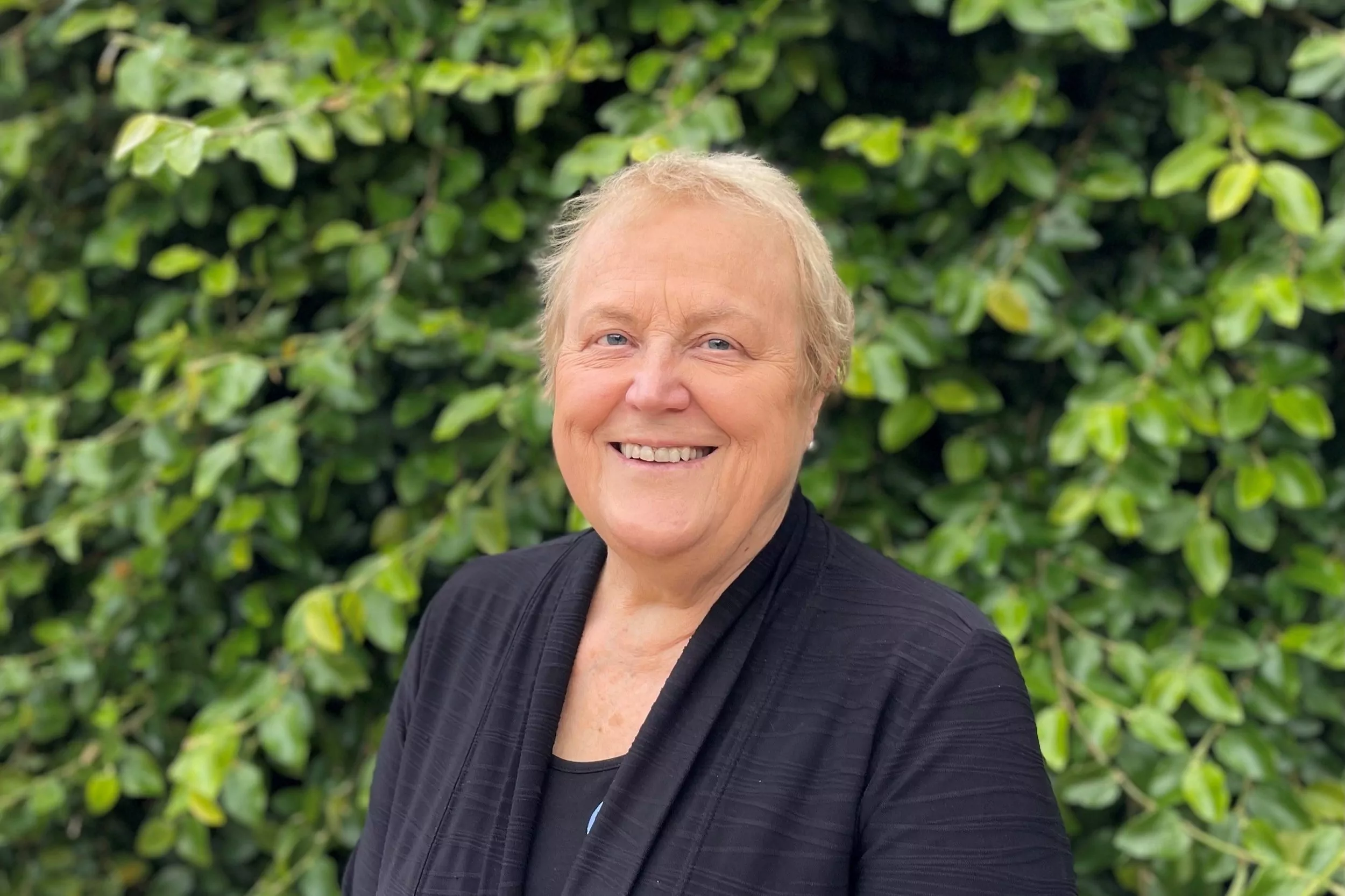
Christchurch City Missioner Corinne Haines
The Mission’s shelters are also under strain.
“We are seeing more new people coming to our emergency men’s and women’s night shelters over the past year compared to the previous year. That is one way we can see a big increase.”
“Our men’s emergency shelter is fuller than usual, and that makes sense because single men have the hardest job finding accommodation. We are finding, particularly later in the week and at the weekends, that we do not have enough beds for everyone who needs one.”
“It is very hard for our staff to tell people this. It upsets them to have to say we are very sorry but we cannot house you tonight, please come back tomorrow.”
The Mission is also seeing more people being declined support by the Ministry of Social Development.
“We have seen an increase in the number of people coming to us for emergency accommodation after being declined by the Ministry of Social Development. We have also seen increased numbers of people we have advocated for being declined by the Ministry.”
“Many people sleeping rough are telling us they have been declined emergency housing. We are seeing more people experiencing homelessness now than before and it is fair to say that has been influenced by a tightening of access to emergency housing.”
She said the lack of social housing to move people into from shelters was a major part of the crisis.
“Exacerbating the problem is the lack of social housing to actually move people into from the streets. Our emergency shelters are often full, and supporting people into social housing from our shelters and our transitional housing service is now very hard.”
“But rising costs, especially accommodation costs, also play a part. There are some people who do not want emergency housing, either the Government’s or our shelters, because they are unable to cope in a communal environment. This can be a symptom of a rise in mental health problems which is also affecting this homelessness issue.”
“We always say that anyone can experience homelessness if they have a few significant setbacks in a row. So it is usually a combination of factors. Many people live in poverty just on the edge of it, but a couple of serious setbacks will put them on the street or sleeping in a car. Sometimes addiction issues are involved, but not always. A breakdown of family relationships is common and mental health issues are a big factor.”
She said the problem stems from multiple issues.
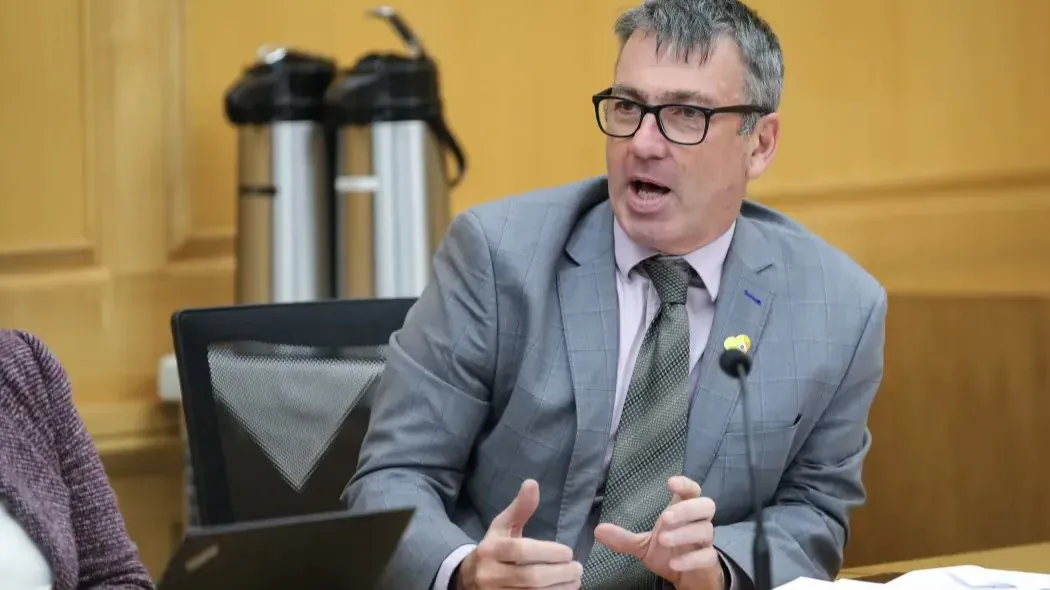
Christchurch Central MP Duncan Webb
Central Christchurch MP Duncan Webb said he had seen the situation unfold personally.
“Only yesterday I was stopped in the street by one of our homeless community who I chat to regularly and we discussed the rise of people sleeping rough.”
“I know that there are people camping rough in the Avon Loop, at Trinity Church car park on Stanmore Road, and also in the Red Zone. These are all new and are a direct result of a lack of housing support.”
“We have had some true shockers, such as when a woman escaping domestic violence was refused emergency housing because the Ministry of Social Development said in leaving she had contributed to her own homelessness. Or the roofer who lost his job and had a serious back injury from a hit and run. He was sleeping in his car and the Ministry would not even accept an application for emergency housing until I got involved.”
“The fact is that we have a homelessness crisis while this Government sells off land planned for new homes and clears people out of emergency housing without knowing where they are going.”
“This Government says that there is emergency housing support when the reality is that this simply is not true. The evidence can be seen in our doorways and parks while the temperature plummets below zero.”
